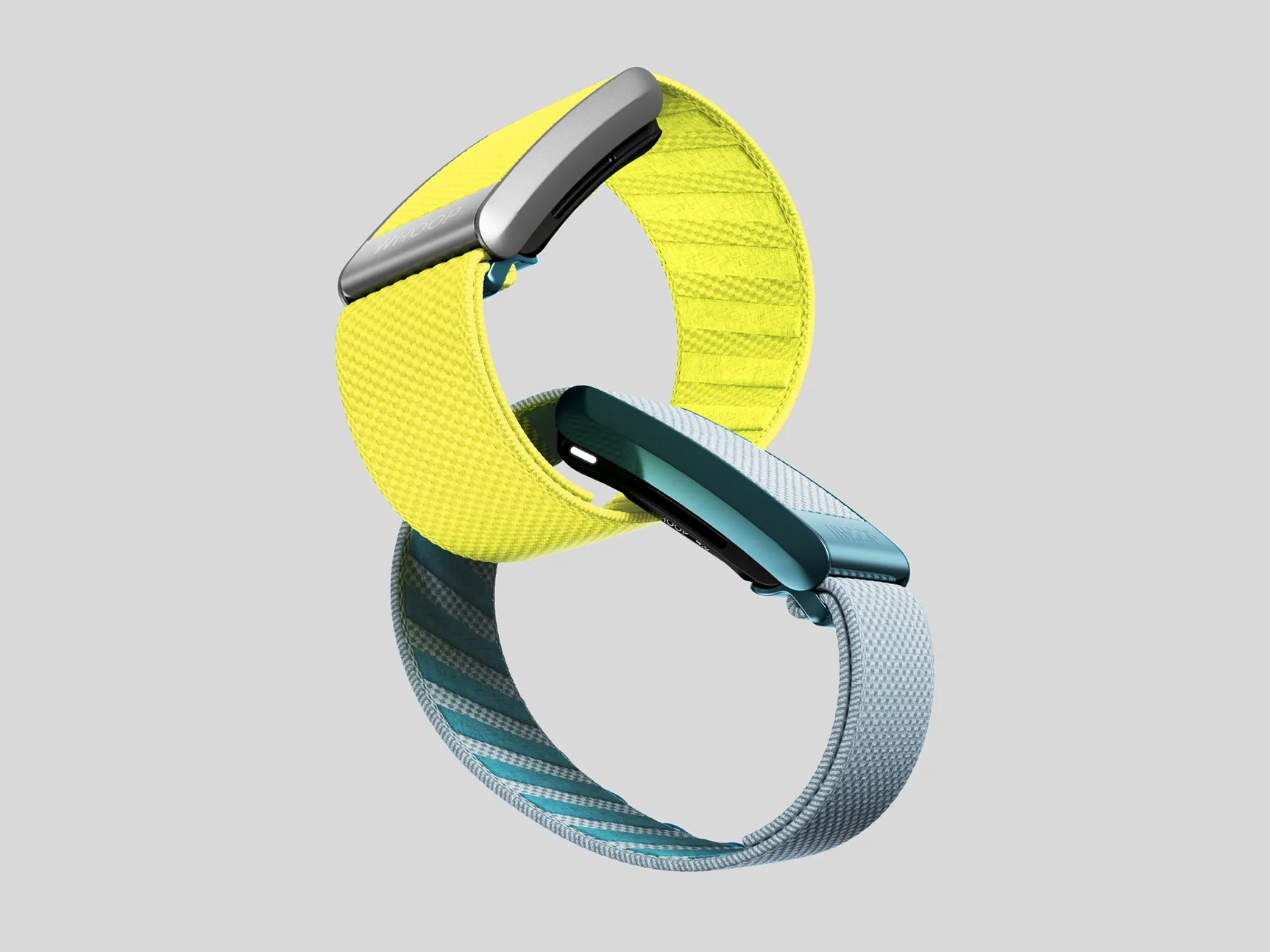
Kudos has partnered with CardRatings and Red Ventures for our coverage of credit card products. Kudos, CardRatings, and Red Ventures may receive a commission from card issuers. Kudos may receive commission from card issuers. Some of the card offers that appear on Kudos are from advertisers and may impact how and where card products appear on the site. Kudos tries to include as many card companies and offers as we are aware of, including offers from issuers that don't pay us, but we may not cover all card companies or all available card offers. You don't have to use our links, but we're grateful when you do!
Does a Store Credit Card Affect Your Credit Score?
July 1, 2025


Quick Answers
Applying for a store credit card initiates a hard inquiry on your credit report, which can cause a minor, temporary decrease in your credit score.
Consistent, on-time payments contribute positively to your payment history, which is a significant factor in strengthening your overall credit profile.
Store cards often come with lower credit limits, so carrying a balance can increase your credit utilization ratio and potentially lower your score.
What Is a Store Credit Card?
A store credit card is a line of credit offered by a specific retail company for use within its network of stores. These cards often provide access to exclusive discounts, special financing offers, or loyalty rewards programs. Unlike general-purpose cards from major networks, their purchasing power is typically limited to the issuing retailer and its associated brands.
Your activity on a store credit card is reported to the major credit bureaus, directly impacting your credit profile. Making consistent, on-time payments can help establish a positive payment history and contribute to a higher credit score. Therefore, how you manage the account plays a significant role in your overall credit health, just like any other line of credit.
How a Store Credit Card Can Affect Your Credit Score
Store credit cards can be a tempting offer at the checkout counter, but they function just like regular credit cards and can significantly impact your credit score, for better or worse.
The Application: When you apply for a store card, the issuer runs a hard inquiry on your credit report. This can cause a small, temporary dip in your score, particularly if you have multiple recent inquiries.
Account Age: Opening a new account lowers the average age of your credit history. Since a longer credit history is generally favorable, this can initially have a slight negative effect on your score.
Credit Utilization: The new credit line is added to your total available credit, which can lower your credit utilization ratio—a positive. However, store cards often have low limits, so carrying a balance can easily spike your utilization and harm your score.
Payment History: This is the most significant factor. Making on-time payments will build a positive payment history and help improve your score over time. Conversely, late or missed payments will be reported and can cause substantial damage.
Credit Mix: A store card adds to your credit mix, demonstrating that you can manage different types of credit. While a minor factor, a healthy mix can be beneficial for your score in the long run.
How Much Will a Store Credit Card Affect Your Credit Score?
The impact of a store credit card on your credit score can vary, as several factors come into play. Here are a few key considerations to keep in mind.
- Hard Inquiry: Applying for a new store card triggers a hard inquiry on your credit report. This can cause a small, temporary dip in your credit score.
- Credit Utilization Ratio: A new card increases your total available credit, which can lower your credit utilization ratio. A lower ratio is generally favorable for your credit score.
- Average Age of Credit: Opening a new account reduces the average age of all your credit accounts. A shorter credit history can negatively affect your score over time.
How You Can Avoid a Store Credit Card Affecting Your Credit Score
Pay on Time and in Full
The most effective way to maintain a healthy credit score is to pay your balance on time and in full every month. This prevents interest from accruing and signals responsible credit management to bureaus, which is a key factor in calculating your score.
Monitor Your Credit Utilization
Store cards typically have lower credit limits. A single large purchase can spike your credit utilization ratio, which can negatively impact your score. Aim to keep your balance low, ideally under 30% of the total limit, to demonstrate financial stability to lenders.
Limit New Applications
Each credit application triggers a hard inquiry on your report, temporarily lowering your score. Applying for multiple store cards in a short time can amplify this effect. Be selective and only apply for credit that you genuinely need to protect your score from unnecessary hits.
Ways to Improve Your Credit Score
No matter your current standing, your credit score isn't set in stone; it's a dynamic number you can improve over time. With consistent effort and the right strategy, there are proven methods to boost your score and achieve better financial health.
- Monitor your credit reports. Regularly check your reports from all three major bureaus—Experian, TransUnion, and Equifax—to catch and dispute inaccuracies or signs of identity theft.
- Set up automatic bill payments. Since payment history is the single most significant factor in your score, automating payments is the easiest way to ensure you never miss a due date.
- Lower your credit utilization ratio. Aim to use less than 30% of your available credit across all your accounts, as this ratio heavily influences your credit score.
- Become an authorized user. Being added to the account of someone with a strong credit history can help you build your own credit file, provided they maintain low balances and on-time payments.
- Diversify your credit mix. Lenders like to see that you can responsibly manage different types of credit, such as revolving credit cards and installment loans like auto or personal loans.
- Limit hard inquiries. Applying for too much new credit in a short period can temporarily lower your score, so it's wise to space out your applications.
The Bottom Line
A store credit card can impact your credit score. While opening a new account may cause a temporary dip, consistent, on-time payments can help build your credit history over the long term.
Frequently Asked Questions
Will closing a store credit card hurt my credit score?
Yes, it can. Closing a card reduces your available credit, which can increase your credit utilization ratio and potentially shorten the average age of your accounts.
Do store credit cards build credit as effectively as regular credit cards?
Absolutely. As long as the card issuer reports your payment activity to the major credit bureaus, it will impact your credit history just like any other card.
How many store credit cards are too many for my credit score?
There isn't a specific number, but opening many cards in a short time frame can result in multiple hard inquiries, which can temporarily lower your score.
Unlock your extra benefits when you become a Kudos member

Turn your online shopping into even more rewards

Join over 400,000 members simplifying their finances

Editorial Disclosure: Opinions expressed here are those of Kudos alone, not those of any bank, credit card issuer, hotel, airline, or other entity. This content has not been reviewed, approved or otherwise endorsed by any of the entities included within the post.



































.webp)

.webp)






